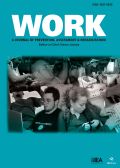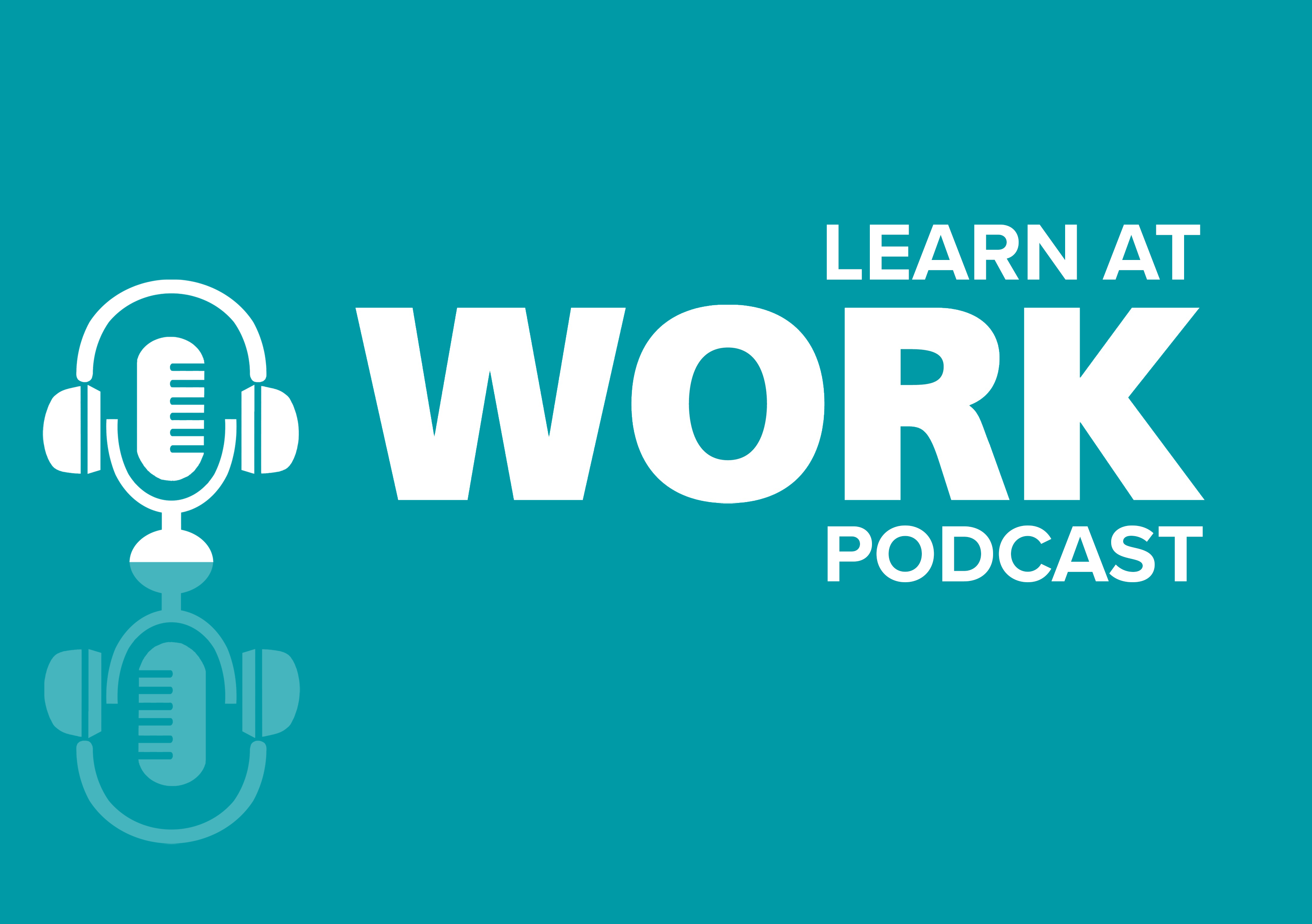Authors: Meyer, Travis S. | Muething, Joseph Z. | Lima, Gustavo Amoras Souza | Torres, Breno Raemy Rangel | del Rosario, Trystyn Keia | Gomes, José Orlando | Lambert, James H.
Article Type:
Research Article
Abstract:
Radiological nuclear emergency responders must be able to coordinate evacuation and relief efforts following the release of radioactive material into populated areas. In order to respond quickly and effectively to a nuclear emergency, highlevel coordination is needed between a number of large, independent organizations, including police, military, hazmat, and transportation authorities. Given the complexity, scale, time-pressure, and potential negative consequences inherent in radiological emergency responses, tracking and communicating information that will assist decision makers during a crisis is crucial. The emergency response team at the Angra dos Reis nuclear power facility, located outside of Rio de Janeiro, Brazil, presently conducts
…emergency response simulations once every two years to prepare organizational leaders for real-life emergency situations. However, current exercises are conducted without the aid of electronic or software tools, resulting in possible cognitive overload and delays in decision-making. This paper describes the development of a decision support system employing systems methodologies, including cognitive task analysis and human-machine interface design. The decision support system can aid the coordination team by automating cognitive functions and improving information sharing. A prototype of the design will be evaluated by plant officials in Brazil and incorporated to a future trial run of a response simulation.
Show more
Keywords: Preparedness, disaster, human factors, organizational behavior, risk management, cognitive engineering
DOI: 10.3233/WOR-2012-0659-2925
Citation: Work,
vol. 41, no. Supplement 1, pp. 2925-2932, 2012






